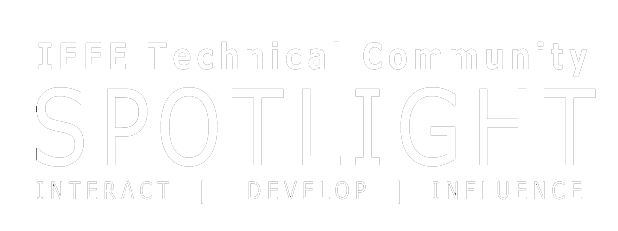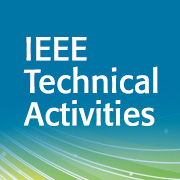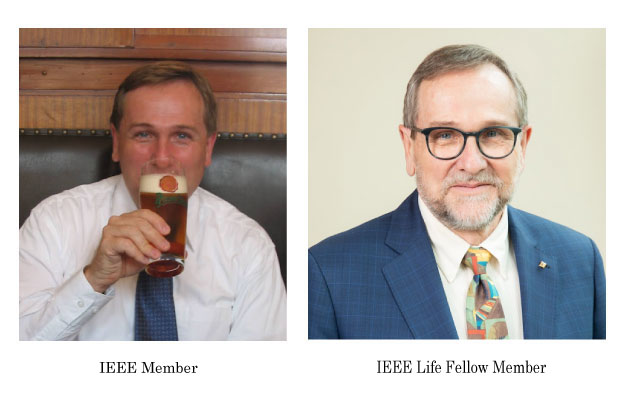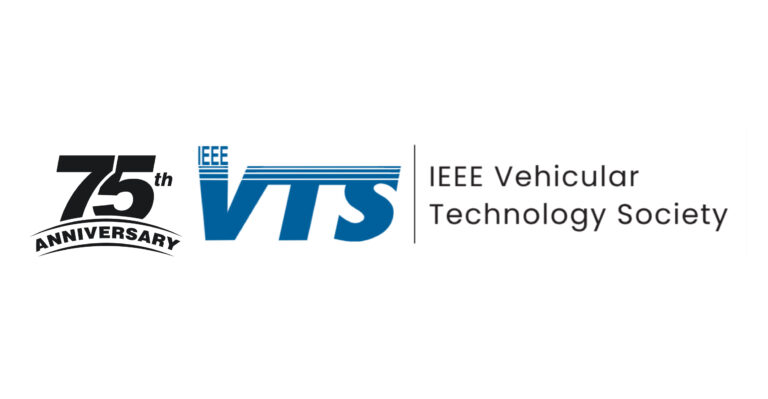 The research enterprise is changing, and IEEE has to manage that transition, or risk slowing down progress.
The research enterprise is changing, and IEEE has to manage that transition, or risk slowing down progress.
This is the key finding of meetings held last year around the world to determine the future of research, and its implications for IEEE, as part of a strategic planning initiative. The findings, gathered in a new report, will inform a strategic plan to help determine the direction of Technical Activities.
“IEEE is made up of technical communities that contain four pillars,” said Bob Hebner, 2013 Vice President of Technical Activities, and current member of the IEEE New Initiatives Committee (NIC). “Researchers who move technology forward; innovators who turn research into products; practitioners who manufacture, install and maintain the products; and the educators who provide the knowledge and training and educate the people to fill all of those roles.”
A new focus on the important of research, and the people conducting it, was the impetus for a series of meetings in Asia, Europe and the United States last year.
“There were interesting and fascinating insights,” Hebner said. “Perhaps most importantly, we learned that it’s very difficult to keep up with the number of new technology journals that have come out worldwide in the past few years, and to have important research recognized amid all the noise.”
With one new paper published every three minutes somewhere in the world, researchers are finding that having an impact is more challenging and elusive. “It’s shaping the way research is done,” Hebner said. ““Researchers are spending more effort in building their own reputation, and doing work people want to pay attention to.”
New models in publishing have hit researchers particularly hard, and forced them to seek alternative methods of sharing their work. Researchers are not distributing their work electronically. “Publications used to be where like-minded people put their research. Now, like-minded researchers can publish their work almost anywhere.”
“Journals as we know them are really going away,” Hebner said.
However, perhaps ironically enough, this emphasis on publishing in the online realm has made researchers more interested in meeting offline before beginning a collaboration. Which is a good sign for IEEE Conferences.
“Social media and online engagement has made it easy to hear from people from all around the world,” Hebner said. “It’s only when people meet in person that they can find others they trust and want to work with.”
Despite differences in countries and culture, researchers in each of the regions interviewed had similar needs, the report found.
“If we’re nimble and can change with the research enterprise, we can be the organization of choice as we have been,” Hebner said. “But only if we can be nimble enough and creative enough to be responsible to the needs of our researchers.”





